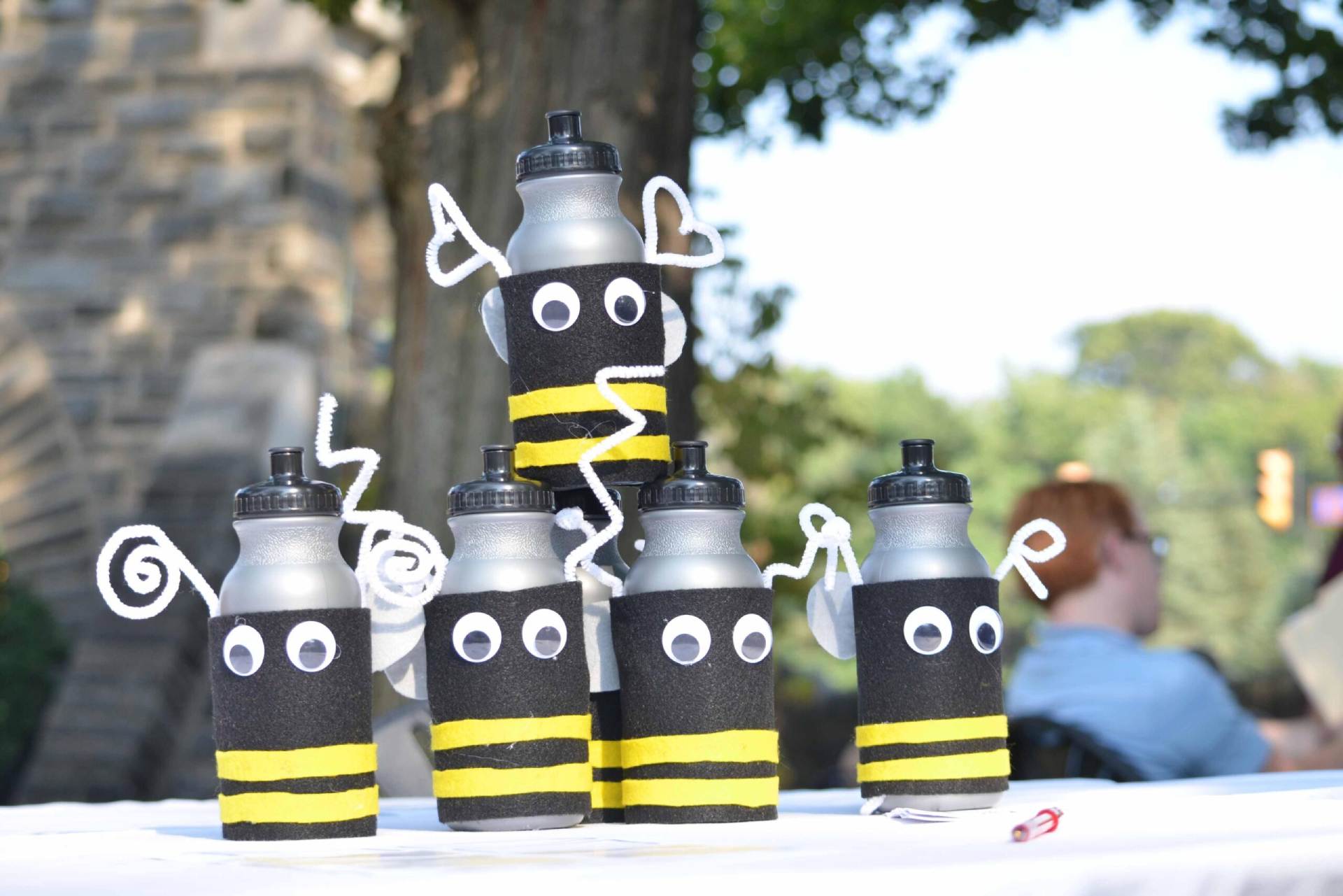Bee-Lieve It: All About the Honors Program

I’m occasionally pretty clueless, and maybe that’s why I didn’t know Arcadia had an Honors program. After submitting my application, I got a letter in the mail congratulating me on my acceptance into the Honors program—the Honors program I didn’t know existed. I didn’t see anything about it on the website or social media. I was pleasantly surprised to be accepted, but I had no idea what to expect.
After a semester of involvement, though, I have a better understanding of the program—not perfect, but better.
The Honors program at Arcadia is definitely different than what I expected. At my high school, “honors” meant harder classes and service projects once a semester. Arcadia’s Honors program, though, isn’t just more homework. It’s a community, focused on positive change and amplifying your strengths to help others. The first Honors course (HN201), which I’m planning to take Fall 2020, helps students learn “to own their strengths and to use them to enable their own success and those of their teammates.” Higher level Honors courses are intended to get students out in the community and ready for their professional careers.
Arcadia’s Honors program, though, isn’t just more homework. It’s a community, focused on positive change and amplifying your strengths to help others.
– Denise Glick
If that’s not incentive enough, the entire program is bee-themed. It’s adorable. The designated Honors lounge is called the Hive, with honeycomb decorations and bees painted on the walls. Every first-year student is sorted Harry Potter-style into different houses, all named after different types of bees: the Killer Bees, Honey Bees, Worker Bees, and Bumble Bees. Each house comes with a “House Captain” and mentors, which are upper-class students heavily involved in the program. They help younger students with the transition to college and organize events for their houses.
Being part of the Honors program also comes with some really nice perks. Priority registration, for one.

Usually, registering for classes starts with those that have taken the most credits and trickles down. Honors students, even first-semester freshmen, register as if they were seniors. That means you get to build your dream schedule and, chances are, you’ll have no problems getting into the classes you want. Honors students can also take up to 20 credits a semester without having to appeal for overloading (overloading is taking more than 18 credits a semester).
Another perk of the Honors program—my personal favorite—is the Hive. Located near Heinz Hall, the Hive can be a quiet study spot or an evening hangout. There’s a quiet computer room, couches that are good for napping, board games, and a TV for movie nights.
Overall, yes, the Honors program is more work. It’s additional required courses and more credits. But in the long run, it’s worth it. It’s going to prepare you for the real world, for working in teams, and for leading. It’s an opportunity to make friends outside your major. My EN101H class was one of my favorite classes last semester, and I still get to talk to my former classmates around campus.
There’s also usually free food in the Hive. Just, you know, if you needed more motivation to apply.



